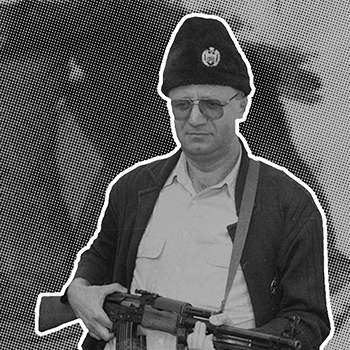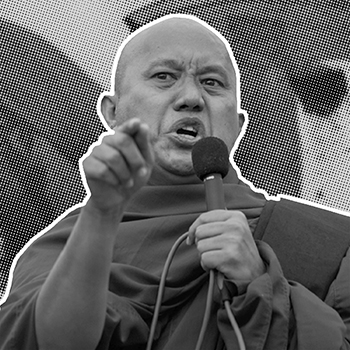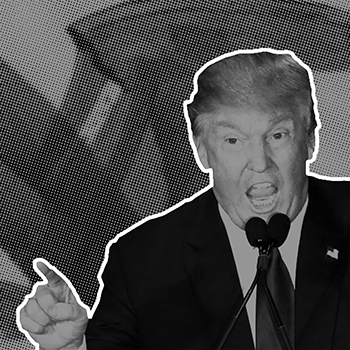CIVIL SOCIETY
Civil society refers to the public interactions that take place beyond the purview of the state and traditional media but above the level of the individual and family.
Toxic discourse can circulate quite readily within this realm. Civil society must also serve as an essential bulwark against atrocity speech.
The three cases below illustrate the role that civil society take.
"There is a fine line between free speech and hate speech. Free speech encourages debate whereas hate speech incites violence."
– Newton Lee,
Counterterrorism and Cybersecurity:
Total Information Awareness
(2015), p. 88
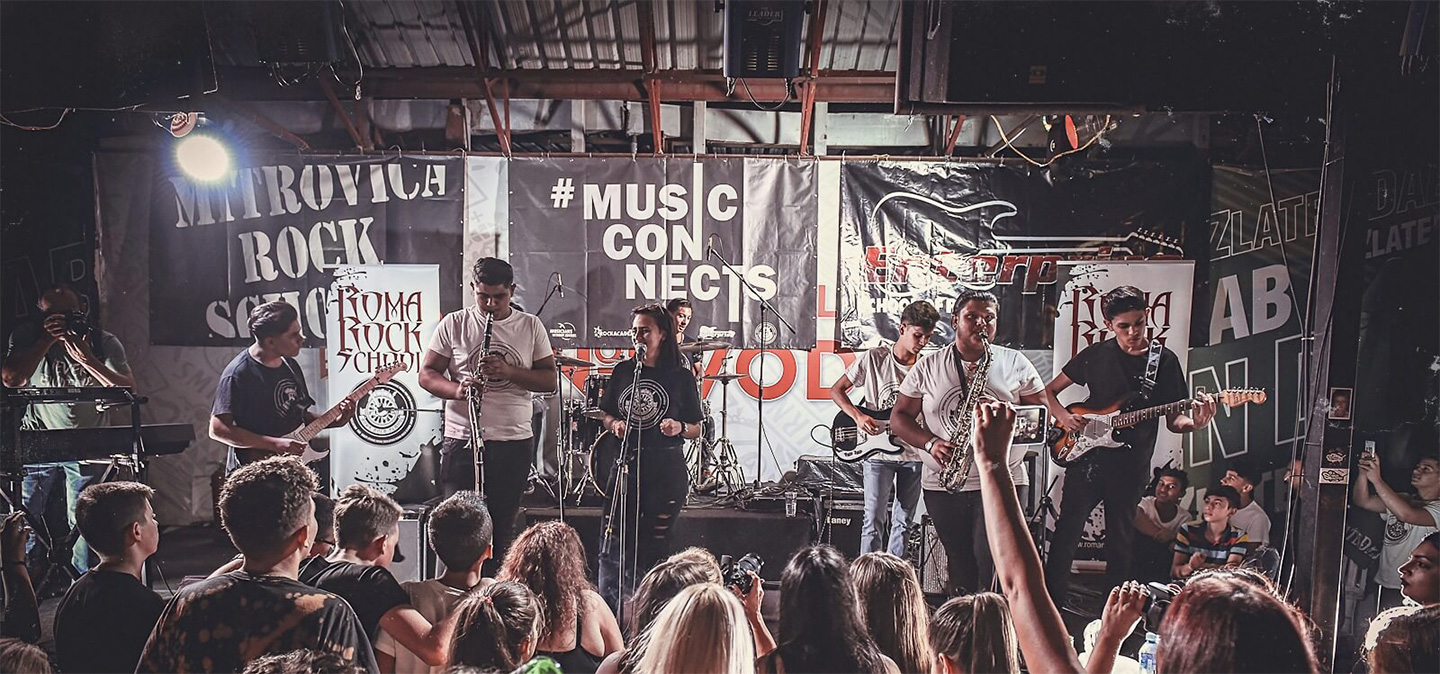
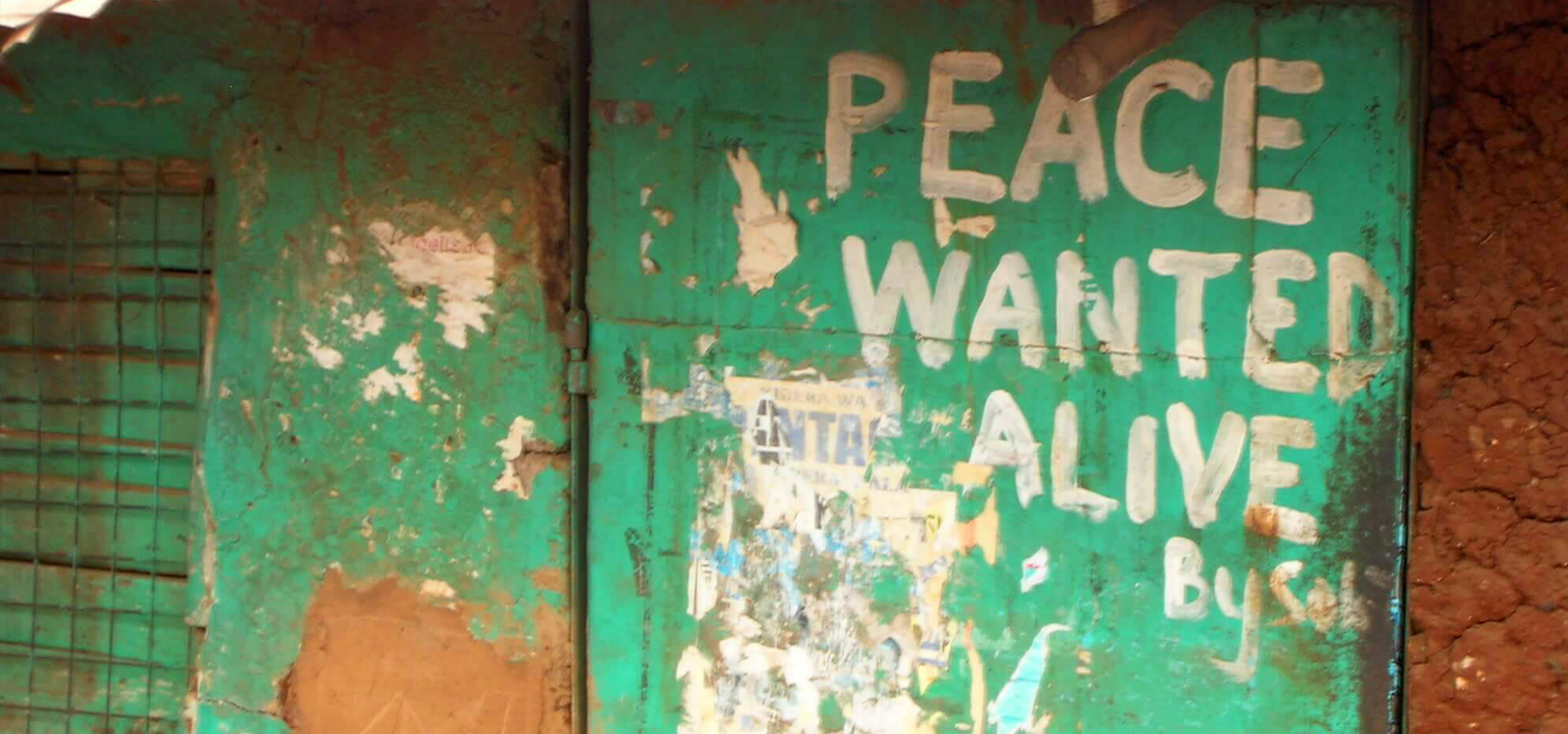
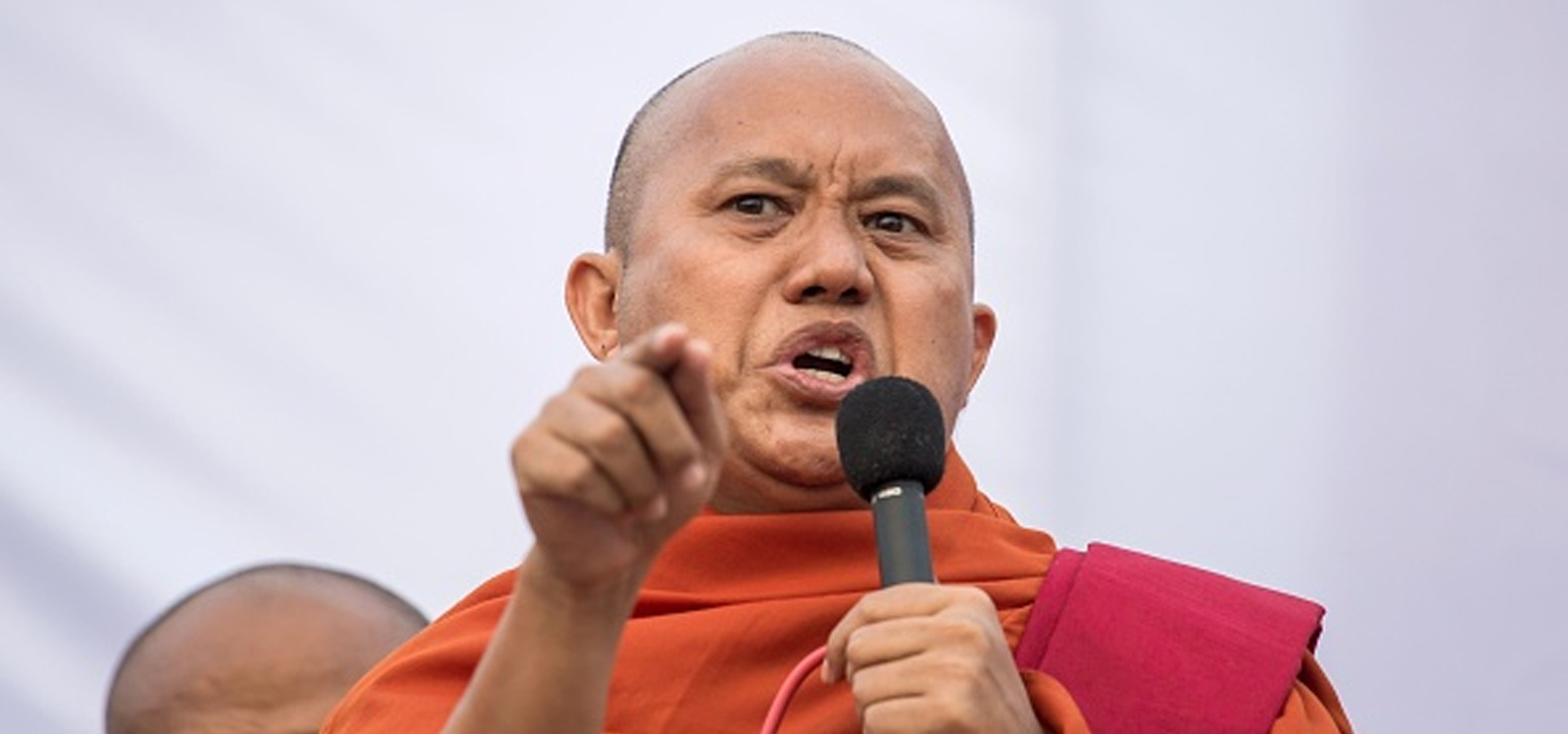
In Bosnia, a brutal civil war in the 1990s left over 100,000 civilians dead and many times that number displaced, mostly due to identity-based violence (including genocide in some areas). The settlement of that conflict —the 1995 Dayton Accords — called for the reintegration of Bosnia’s Croat, Muslim, and Serb communities, with national elections playing a prominent role in that effort.
But elections also proved a fertile ground for more vitriol and hate, which often appeared in the comments sections of news articles about politics. In 2014, to address this, an international NGO called “The Institute for War and Peace Reporting” (IWPR) began a campaign targeting online political hate speech. The group sponsored training for local social media hosts to moderate content more aggressively.
In 2018, as a follow-up stock-taking measure, the IWPR, along with its local partners the Press Council BiH and Media Content Management (MCM), conducted a three-month audit of the comments on 7 major Bosnian news sites. They found 2500 cases of hate speech, leading them to ramp up their efforts through a new campaign called “Stop! Hate Speech.” This initiative sought to sensitize comment section moderators and advertisers regarding the corrosive effect that this rhetoric was having on political and social discourse. Following up again in 2020, the groups found a marked decrease in the use of hate speech in advance of scheduled political campaigns.
Along these same lines, another Bosnian non-governmental organization, called Balkan Diskurs, has focused on training the next generation of Bosnian reporters to be sensitive to their use of speech and imagery, while promoting cultural events designed to bolster pan-ethnic identity. These efforts in Bosnia demonstrate how the active and sustained involvement of civil society at the national and local levels of human rights hot spot countries can play an integral part in promoting truth and tolerance while preventing new outbreaks of violence.

Monthly Monitoring Highlight:
February 2022
Reporting Diversity Network 2.0, a Bosnian NGO, monitors media — especially social media — for signs of discriminatory and inflammatory rhetoric. Source video uploaded to YouTube by Reporting Diversity Network 2.0.
Image above: Performance by the band The Moonage at the 2019 Skopje Summer School concert. Photo: Mitrovica Rock School Facebook page
In December 2007 and January 2008, a disputed national election in Kenya amplified already intense Luo-Kikuyu inter-ethnic animosity which, fueled by hate speech at rallies and on the radio, exploded into mass violence that spread among affiliated ethnic groups. After two months of rape, murder, and ethnic cleansing, nearly 1500 Kenyans had been killed and up to 600,000 displaced.
In 2008, the government of Kenya established the National Cohesion and Integration Commission (NCIC), as “a national institution to promote national identity and values, mitigate ethno-political competition and ethnically motivated violence, eliminate discrimination on ethnic, racial and religious basis and promote national reconciliation and healing.” The NCIC would come to play a prominent role in attempts to address inter-ethnic violence, including institution of an anonymous complaint procedure mechanism for reporting election-related hate speech.
Organizations sprung up to address divisive rhetoric and incitement to violence at a local level too. As one young woman who served as a bunge (or youth group) leader for one such organization noted:
… in our group we are people of different tribes, so now that we are joined we can’t allow another tribe to be hurt in our group. For me it’s like my sister or my brother. So we sat and taught ourselves even the issue of youths being used by politicians when we are together like now we don’t want. Even if we are called somewhere in a meeting with a politician, if he calls me as a leader, if he speaks we come and talk to the youth when we are all together, we cannot be separated either by tribe or color, we are all the same.
Another innovation was the creation of multiple, interlocking rapid-response violence prevention networks, including the Election Security Arrangement Programme (ESAP) and the Uwiano Platform for Peace. NGOs, government agencies, and private individuals worked together to monitor social media and radio for extremists who engaged in rhetoric seemingly designed to incite or instigate violence. Potentially dangerous language was reported to the police and the electoral commission, both of which had been briefed and prepared to respond to incendiary remarks.
International organizations have played an important role as well. For example, with elections approaching in 2022, an international non-governmental organization called the Sentinel Project is coordinating efforts to 1) monitor, verify, and counter the spread of harmful rumors and misinformation; 2) build capacity to recognize misinformation and indicators of violence risk; and 3) devise and use an early warning system to help prevent violence before it starts.”

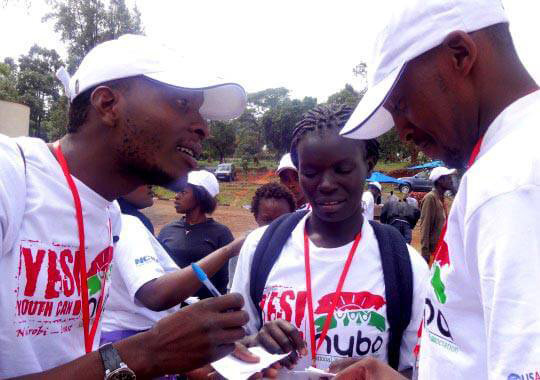
Sentinel Focus —
John Otunga of Una Hakika
The Sentinel’s Una Hakika project involves addressing potentially inflammatory rumors with fact-checking and community conciliation efforts. Source video uploaded to YouTube by The Sentinel Project.
Image at top of page: Graffiti, featuring a peace message, put up during the post-election violence in 2008 in the Kibera township in Nairobi. (Photo credit: Barbara Dziedzic via Creative Commons)
In Myanmar, conflict entrepreneurs like the monk Ashin Wirathu have used hateful, vilifying rhetoric against that country’s Muslim Rohingya population.
In 2017, such inflammatory speech again turned to violence, helping to trigger a campaign of ethnic cleansing. Hundreds of thousands of Rohingya fled to refugee camps in eastern Bangladesh. In 2019, a United Nations investigative commission known as the International Independent Fact-Finding Mission on Myanmar (IIFFMM) declared that the Rohingya were victims of persecution and were living under the threat of genocide, if not facing outright genocide itself.
Extremists in Myanmar engaged with social media to amplify the calls for violence. A Reuters investigation found repeated posts denigrating the Rohingya along the lines of “Stuff pig fat inside the damn kalar’s [a pejorative term for Rohingya] mouth” and “Pour fuel and set the fire so they can meet Allah faster.”
Civil society and private sector actors have put constant, if not always successful, pressure on the government and social media companies to stem the tide of hateful rhetoric.
- For example, five non-governmental organizations – Myanmar ICT for Development Organization (MIDO), Burma Monitor, the Center for Social Integrity, Equality Myanmar, and Myanmar Human Rights Educator Network – along with a technology incubator called Phandeeyar, wrote a public letter in April 2018 highlighting Facebook’s failures to moderate extremist content and recommending steps to improve its performance. Facebook then began to take more aggressive steps to limit hate speech, including banning some of the worst offenders.
- A campaign called Panzagar (Burmese for “flower speech”) promotes tools for detecting and reporting online misinformation while engaging in enterprising campaigns for peace, such as the White Rose initiative, which urges individuals to make a gesture of non-violence – giving a white rose – to people of other ethnicities and religions.
- In 2020, MIDO partnered with the NGO Search for Common Ground on a project designed to “empower community influencers to create communication campaigns that encourage alternatives to hate and violence.”
In February 2021, a military coup put the presumptive authors of the violence against the Rohingya in charge of the whole state apparatus in Myanmar. While this development rendered civil society efforts such as these more difficult, they have heroically continued to operate and have served as a resource to oppose military rule in Myanmar.

Preventing Violence in the Age of Social Media in Myanmar
Source video uploaded to YouTube by The Asia Foundation.
Image above: Buddhist monk Wirathu delivers a speech during a rally to show support to the Myanmar military in Yangon on May 5, 2019. Photo: Say Aung Main/AFP via Getty Images.



